Understanding moon phases Normal Worksheets for Ages 4-9
4 filtered results
-
From - To
Explore our "Understanding Moon Phases" worksheets, specially designed for children aged 4-9 by Kids Academy. These engaging, printable activities help young learners discover the science behind the moon's changing appearance. With fun exercises, kids will learn to identify different moon phases, enhancing their observational skills and fostering a love for astronomy. Perfect for both classroom and at-home learning, these worksheets provide an interactive and educational experience that simplifies complex concepts for young minds. Start your child's celestial journey today and watch their curiosity about the night sky grow as they master the moon phases!
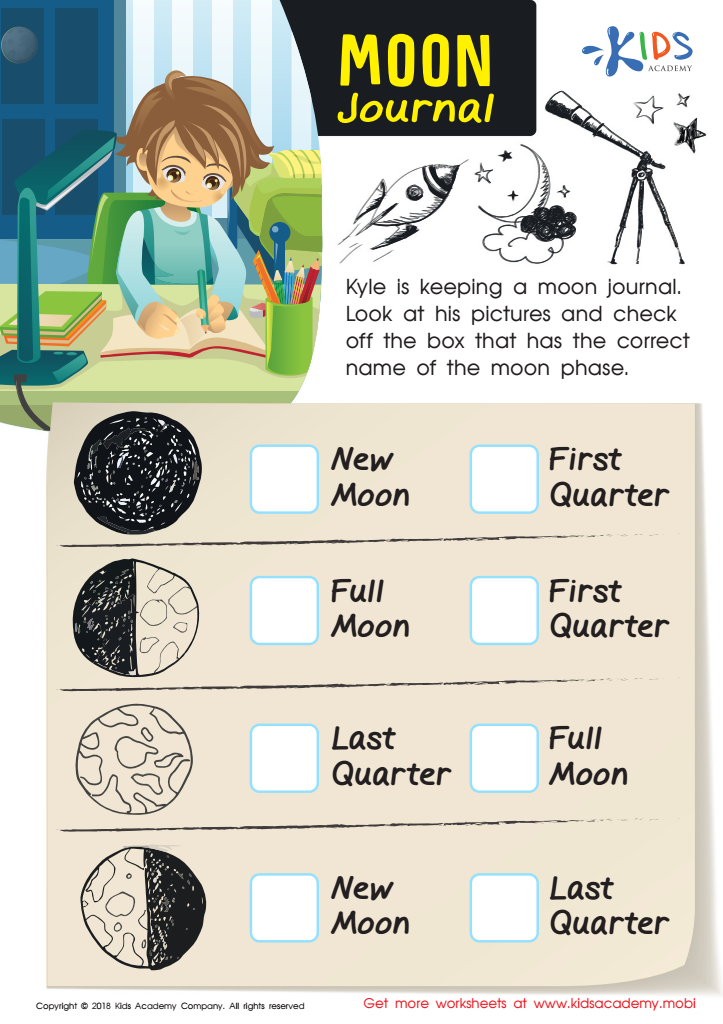

Moon Journal Worksheet
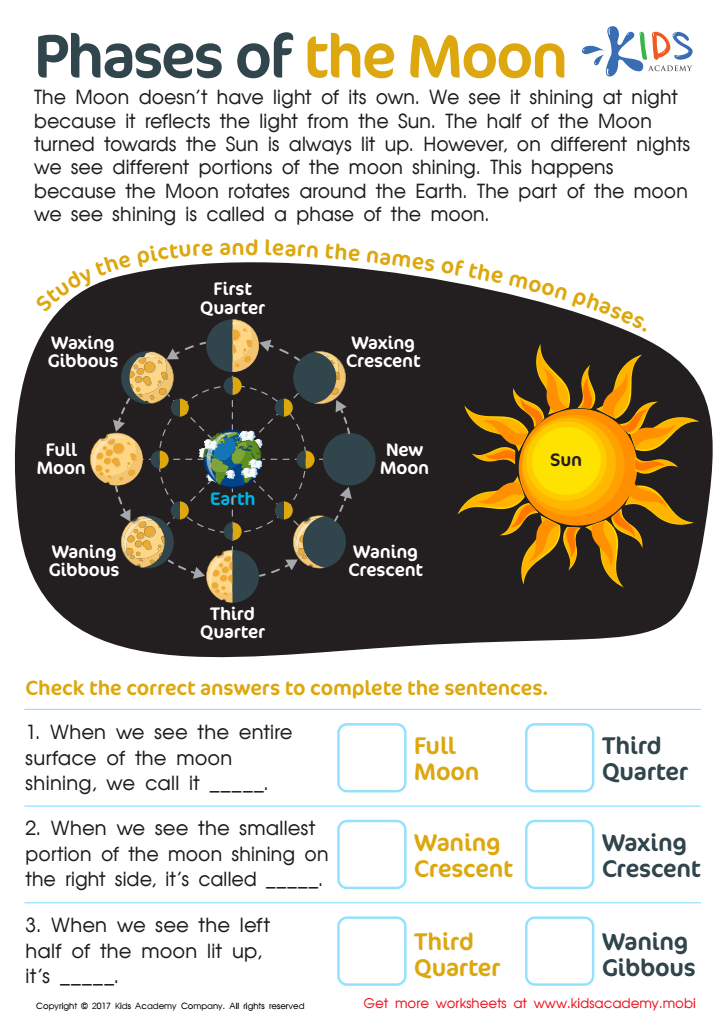

Phases of The Moon Worksheet
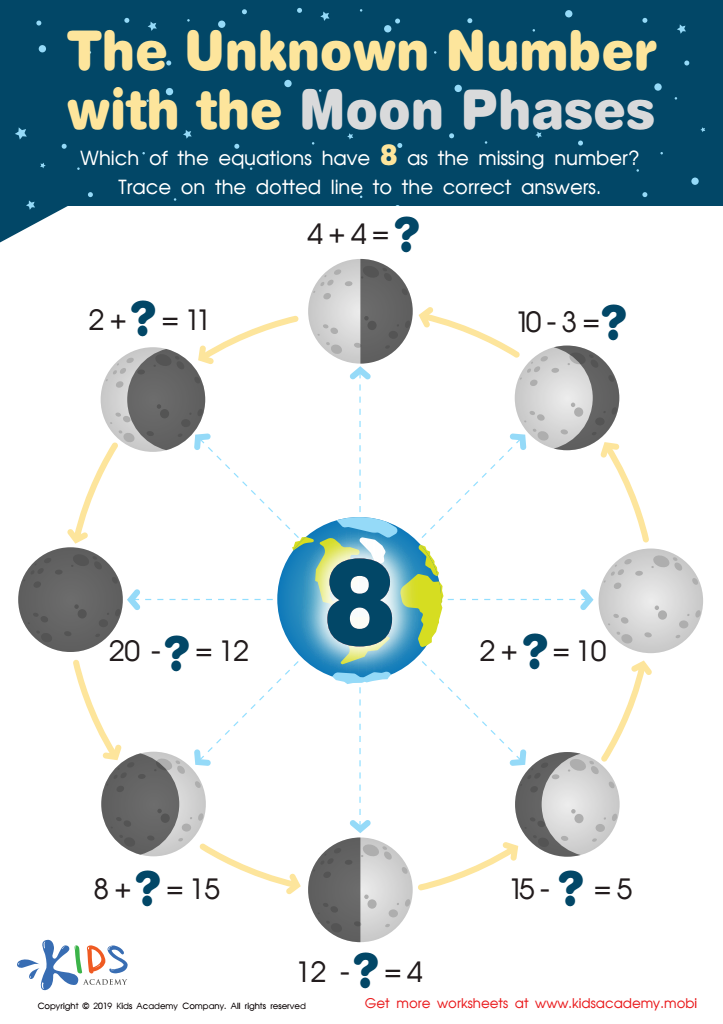

The Unknown Number with the Moon Phases Worksheet
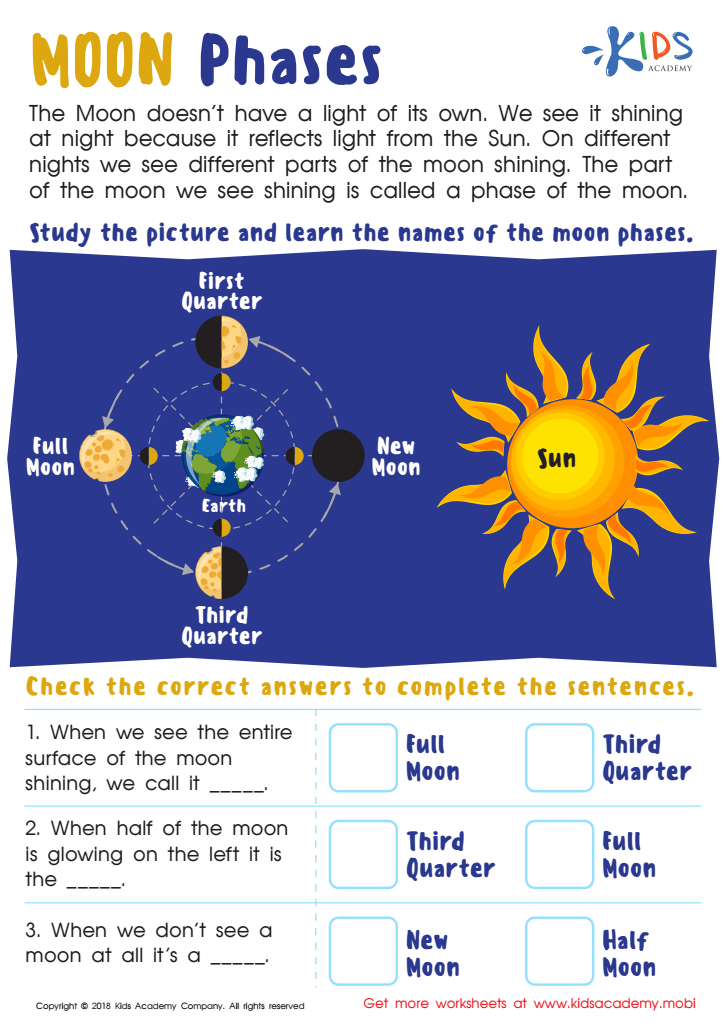

Moon Phases Worksheet
Understanding moon phases can enrich a child's early education in various ways. For ages 4-9, this concept can captivate their curiosity about the natural world, laying a foundation for greater scientific interest. First and foremost, it nurtures observational skills. Watching the moon wax and wane encourages kids to be observant and notice patterns. This helps them learn to anticipate and predict changes, fostering critical thinking.
Children also get a practical understanding of the Earth's movements and its relationship with the Sun and the Moon. This fosters a sense of Earth's place in the universe, creating an early appreciation for astronomy and space science. This understanding is tied to fundamental patterns in mathematics and rhythm, enhancing their cognitive development.
From a personal development perspective, learning about moon phases instills a sense of routine and cycle. Recognizing the rhythmic pattern of the lunar cycle can help children grasp the concept of time better, bridging their understanding of days, months, and seasons.
Moreover, the moon's transformation process offers a metaphor for change and growth, showing that transformation can be beautiful and natural. Engaging with this subject at a young age prepares children not only academically but also introduces them to the wonder and beauty of the natural world, inspiring lifelong learning and curiosity.
 Assign to My Students
Assign to My Students





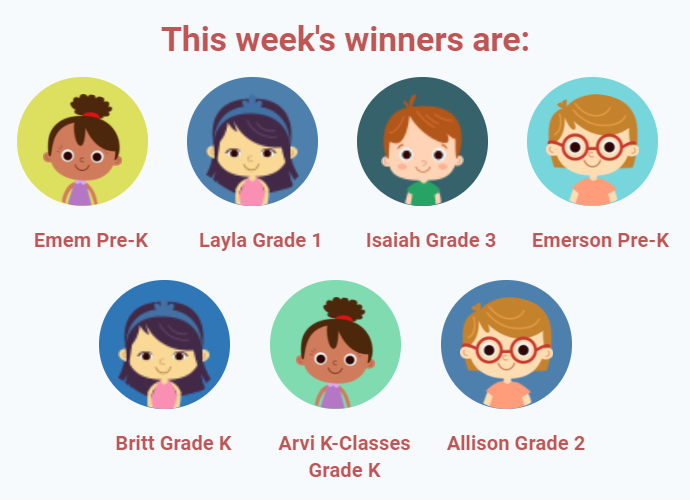
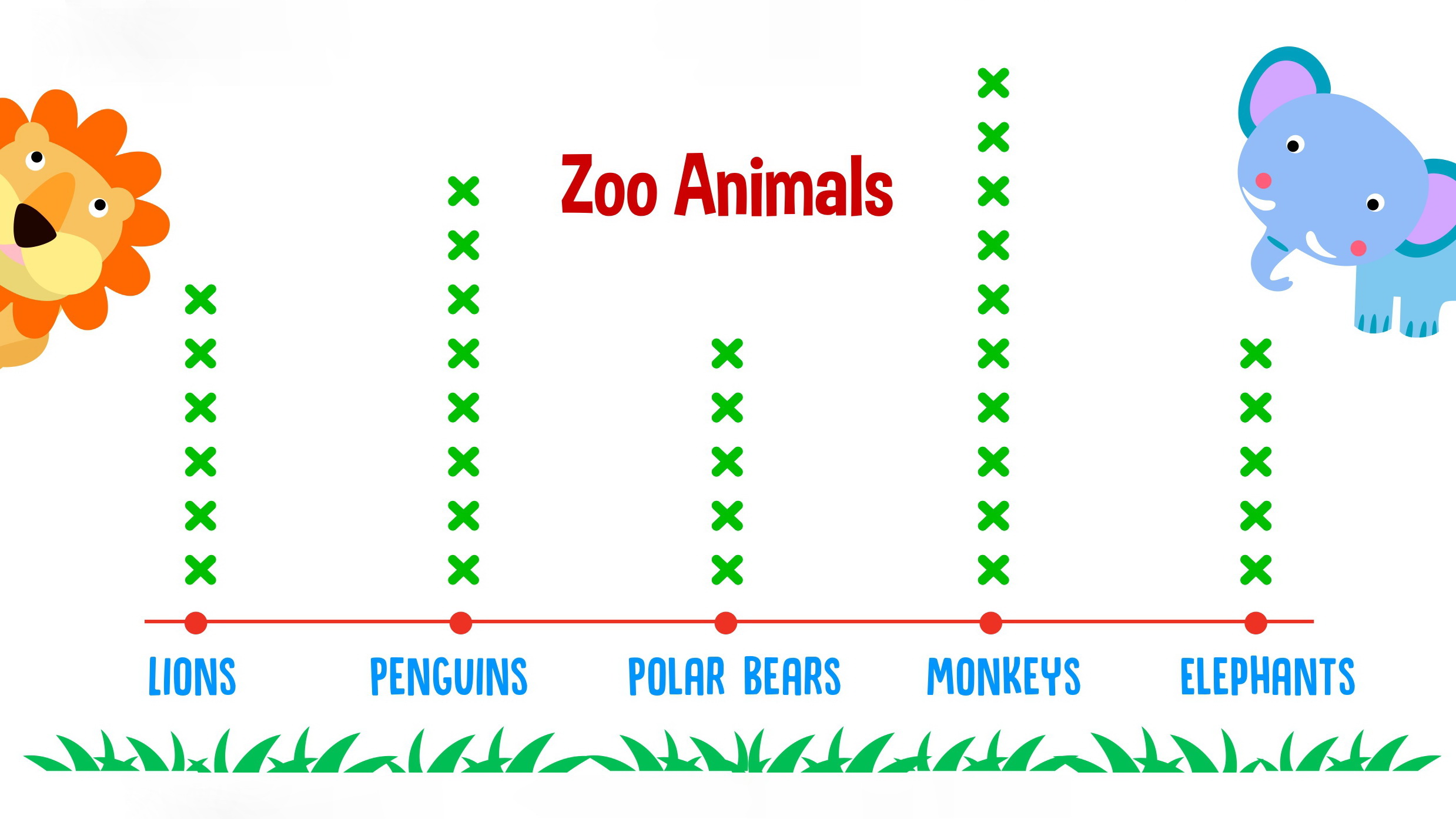
.jpg)













